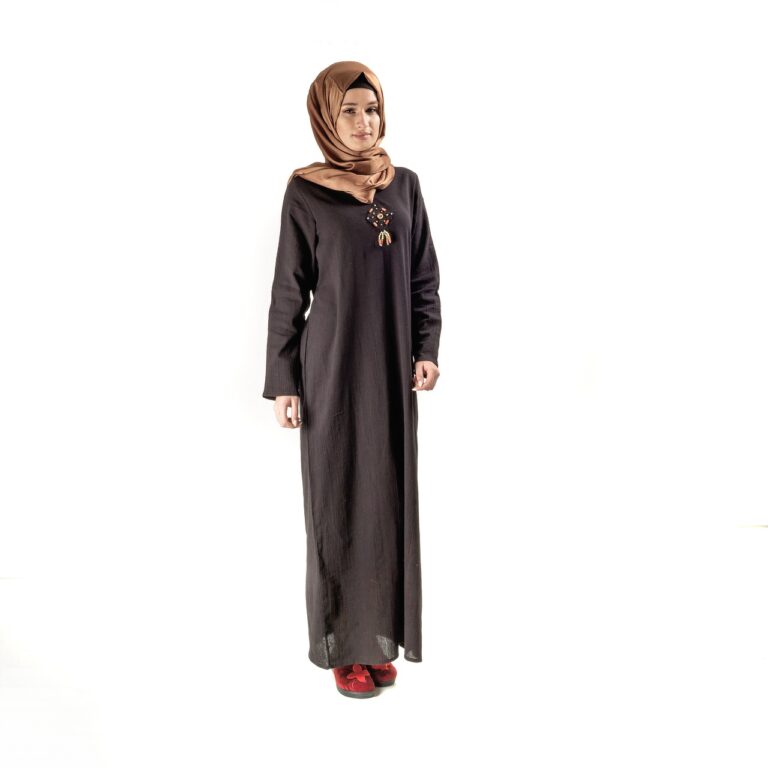Adapting to Changing Consumer Preferences in Boutique Fashion: Betbook250, Anna 247 login, Yolo247 login app
betbook250, anna 247 login, yolo247 login app: Adapting to Changing Consumer Preferences in Boutique Fashion
In the ever-evolving world of fashion, boutique owners must always be on their toes to keep up with changing consumer preferences. The key to staying relevant and successful in the boutique fashion industry is to understand your target audience and adapt your offerings accordingly. In this blog post, we’ll explore some strategies for boutique owners to adapt to changing consumer preferences in the world of fashion.
Understanding Consumer Preferences
Before diving into strategies for adapting to changing consumer preferences, it’s crucial to first understand what exactly those preferences are. Consumer preferences in fashion can be influenced by a variety of factors, including trends, lifestyle changes, economic conditions, and social media. By keeping a pulse on these factors and staying connected with your target audience, boutique owners can gain valuable insights into what their customers are looking for.
Strategies for Adapting
Now that we’ve established the importance of understanding consumer preferences, let’s dive into some strategies for boutique owners to adapt to these changes:
1. Stay on top of trends: It’s essential for boutique owners to stay informed about the latest fashion trends. By regularly attending trade shows, monitoring fashion blogs and magazines, and following social media influencers, boutique owners can stay ahead of the curve and adjust their collections accordingly.
2. Offer personalized experiences: In the age of fast fashion, consumers are increasingly looking for personalized shopping experiences. Boutique owners can cater to this preference by offering personalized styling services, hosting exclusive events, and providing exceptional customer service.
3. Embrace sustainability: As consumers become more conscious of their environmental impact, sustainability has become a key factor in their purchasing decisions. Boutique owners can appeal to this preference by sourcing eco-friendly and ethically made products, implementing recycling programs, and promoting a sustainable ethos in their marketing efforts.
4. Utilize data analytics: By leveraging data analytics tools, boutique owners can gain valuable insights into their customers’ preferences and shopping behaviors. This data can help inform decision-making processes, such as product selection, pricing strategies, and marketing campaigns.
5. Collaborate with influencers: Influencer marketing has become a powerful tool for reaching new audiences and engaging with existing customers. Boutique owners can collaborate with fashion influencers to showcase their products, attract new customers, and stay relevant in the ever-changing world of social media.
6. Create a seamless omnichannel experience: In today’s digital age, consumers expect a seamless shopping experience across online and offline channels. Boutique owners can meet this expectation by offering an omnichannel experience, where customers can seamlessly transition from browsing online to shopping in-store.
By implementing these strategies and staying attuned to changing consumer preferences, boutique owners can position themselves for success in the competitive world of fashion.
FAQs
Q: How can boutique owners keep up with fast-changing fashion trends?
A: Boutique owners can stay on top of trends by regularly attending trade shows, monitoring fashion blogs and magazines, and following social media influencers.
Q: What role does sustainability play in consumer preferences?
A: Sustainability has become increasingly important in consumer preferences, with many shoppers looking for eco-friendly and ethically made products.
Q: How can boutique owners leverage data analytics to adapt to consumer preferences?
A: By utilizing data analytics tools, boutique owners can gain valuable insights into their customers’ preferences and behaviors, which can inform decision-making processes.
Q: Why is influencer marketing important for boutique owners?
A: Influencer marketing is a powerful tool for reaching new audiences, engaging with existing customers, and staying relevant in the world of social media.
Q: How can boutique owners create a seamless omnichannel experience for customers?
A: Boutique owners can offer an omnichannel experience by providing a seamless shopping experience across online and offline channels, allowing customers to transition from browsing online to shopping in-store.







